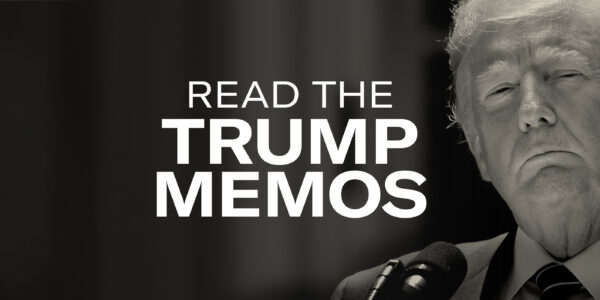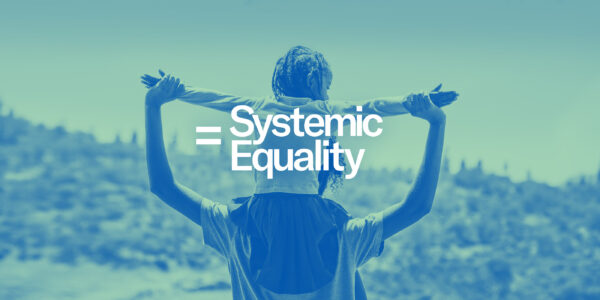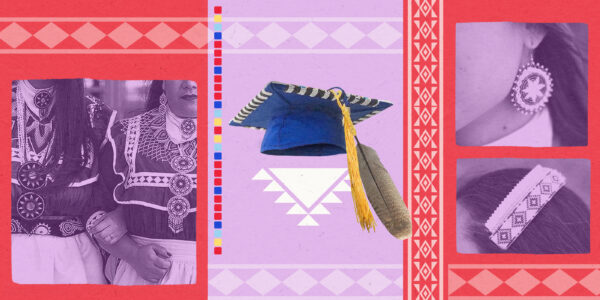Campaigns & Initiatives
about Racial Justice
The Racial Justice Program (RJP) fights to eradicate racial injustice in the U.S. and works to foster a society in which people of color and communities of color have full access to the rights and benefits of American society. Working with affected communities, RJP litigates, advocates, and educates to strike at the roots of racial injustice. Learn more about Racial Justice.

Campaign
Nov 2024
Racial Justice
+7 Issues
The Trump Memos
President-Elect Trump’s second term agenda is influenced by The Heritage Foundation’s extreme Project 2025 agenda. Read our memos on how to fight back!
Explore campaign
Campaign
Nov 2024

Racial Justice
+7 Issues
The Trump Memos
President-Elect Trump’s second term agenda is influenced by The Heritage Foundation’s extreme Project 2025 agenda. Read our memos on how to fight back!

Campaign
Sep 2024
Racial Justice
+5 Issues
Systemic Equality: Equal Access, Better Futures
Since our nation’s founding, discriminatory policies and laws have created an unequal system in which Black communities have had their civil rights and liberties denied and have been systematically locked out of opportunities in education, housing, employment and more.
Through our Systemic Equality agenda, the ACLU will use nationwide litigation, advocacy, and public education to advance laws and policies rooted in racial equity and end discriminatory policies, laws, and practices that have an outsized impact on Black communities.
The ACLU will also continue to evolve our own culture, systems, and processes to drive progress toward our internal racial justice commitments, including by committing sustained recruitment and hiring efforts to recruit more diverse talent pools, developing initiatives to promote and retain Black leadership, engaging Black-owned and Black-led businesses, and more.
When we have full and equal access to education, jobs, housing, voting rights, and more, better futures are possible.
Explore campaign
Campaign
Sep 2024

Racial Justice
+5 Issues
Systemic Equality: Equal Access, Better Futures
Since our nation’s founding, discriminatory policies and laws have created an unequal system in which Black communities have had their civil rights and liberties denied and have been systematically locked out of opportunities in education, housing, employment and more.
Through our Systemic Equality agenda, the ACLU will use nationwide litigation, advocacy, and public education to advance laws and policies rooted in racial equity and end discriminatory policies, laws, and practices that have an outsized impact on Black communities.
The ACLU will also continue to evolve our own culture, systems, and processes to drive progress toward our internal racial justice commitments, including by committing sustained recruitment and hiring efforts to recruit more diverse talent pools, developing initiatives to promote and retain Black leadership, engaging Black-owned and Black-led businesses, and more.
When we have full and equal access to education, jobs, housing, voting rights, and more, better futures are possible.

Campaign
Aug 2024
Racial Justice
Protecting Indigenous Students' Right to Wear Tribal Regalia
Graduation is a time of celebration and community. After centuries of attempted genocide and erasure of Indigenous culture and tradition, the ability to celebrate commencement in a culturally appropriate way is deeply important for Indigenous students. Tribal regalia worn at commencement are a symbol of resistance, resilience, and reclamation by students of their right to an education that honors their culture and heritage. But for some Indigenous students, graduation can be fraught with uncertainty or controversy over their ability to wear tribal regalia during commencement ceremonies. Some schools still prohibit Indigenous students from wearing items at graduation, claiming that it would violate the school’s dress code and speculating, without any basis, that it would disrupt the ceremony.
Explore campaign
Campaign
Aug 2024

Racial Justice
Protecting Indigenous Students' Right to Wear Tribal Regalia
Graduation is a time of celebration and community. After centuries of attempted genocide and erasure of Indigenous culture and tradition, the ability to celebrate commencement in a culturally appropriate way is deeply important for Indigenous students. Tribal regalia worn at commencement are a symbol of resistance, resilience, and reclamation by students of their right to an education that honors their culture and heritage. But for some Indigenous students, graduation can be fraught with uncertainty or controversy over their ability to wear tribal regalia during commencement ceremonies. Some schools still prohibit Indigenous students from wearing items at graduation, claiming that it would violate the school’s dress code and speculating, without any basis, that it would disrupt the ceremony.